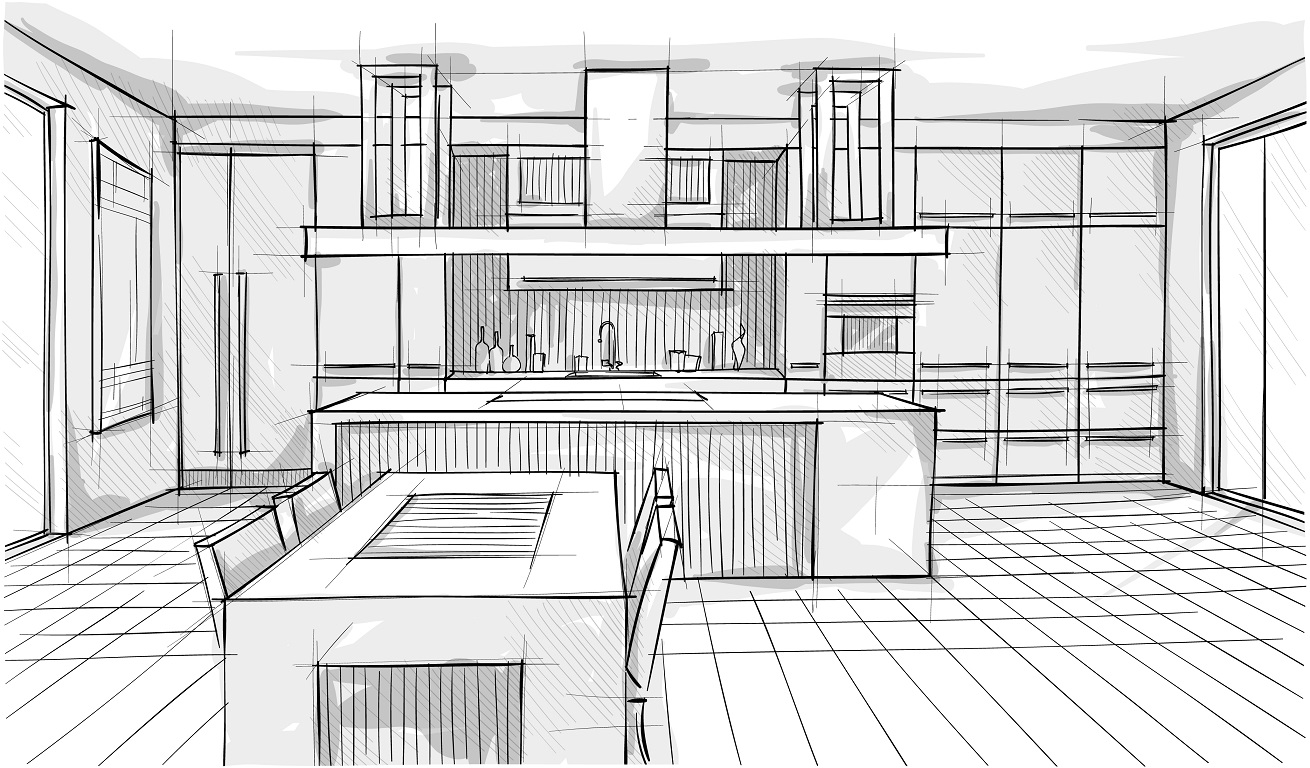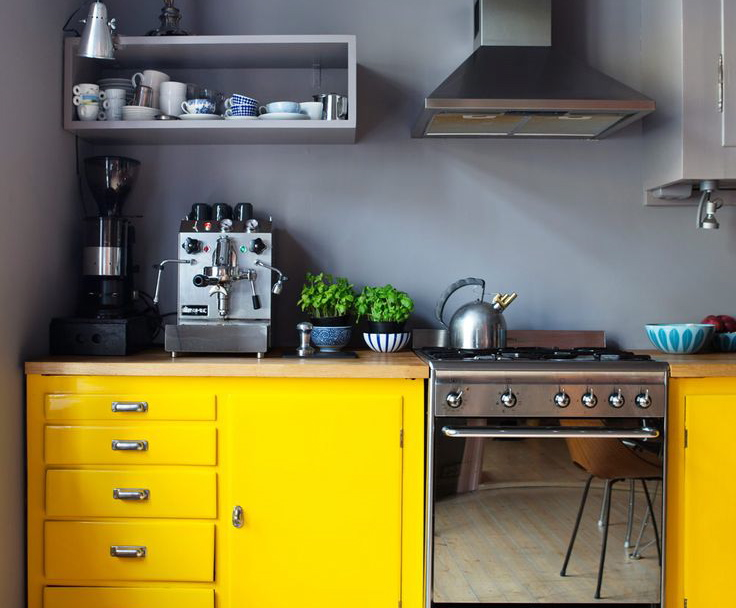Through the years we have sat down with so many people who are tackling the dilemma of choosing whether to move or extend their current home.
The decision ultimately is a very personal one but there will always be a degree of calculation and one of the important questions to answer is – What will extending mean to the future value of my home?
TV programs and magazines tout the dream of home improvement nirvana. Cases seem to abound of people who have bought the dream project, extended then sold and made a small fortune.
What we rarely hear as front page news are the tales of the houses that were extended and no one wants. The rooms that somehow don’t seem to fit any purpose, the extension that was done ‘because we could.’ People rarely talk of the imbalance extensions can cause and the sense of unease that can come from that, combined with difficulty in selling.
Determining the value an extension will bring you is not something we can quantify in an article, it is specific to each and every case, what we can do though is give you some pointers to consider.
Value added usually comes from physical gain. The general rule of thumb over the years is that the cost of adding floor area usually recovers the building cost of creating that space. Adding a garage where there wasn’t one or where the garage was too small for a modern vehicle can add value. Build in proportion and think of the impact the new space will have on the feel and use of the original rooms. Some clever extensions or alterations actually do more to improve the accessibility and convenience of an existing layout and add value that way.
Value lost comes from poor planning or lack of funds to do the job properly. Expensive fittings that are your dream but perhaps won’t be appreciated by buyers in a few years can be more costly than you ever imagine. Add a room that isn’t fit for purpose, that is too small, putting a room in an awkward place that disrupts the flow of the home, building something that has a limited use specific to you and not necessarily a benefit to others can all reduce the financial gain. Unbalancing the house is a common problem. It is often easy to convert loft spaces into more bedrooms which is great until you come across a five bedroom house with internal garage, one bathroom, a ten foot kitchen and sixteen foot lounge. Where are all the family you’ve extended for going to fit? Perhaps you’ll set up a settee rota.
To calculate whether you are going to gain financially from an extension will require you to do several things. You’ll need an idea of the current value of your home, for this you could employ a surveyor or just talk to a friendly local estate agent, you’ll need an architect and/or builder to give you quotes and have a clear sense of the benefit to your home the resulting work will bring. You’ll need to get an appraisal of the proposed finished project to see how much money you may gain. People who extend in order to sell on tend to look at maximising appeal, people who extend to stay look at making a home, there can be a difference. You must decide which side of that see-saw you sit on and where to balance it.
Ultimately those who make the most from extensions and building works have planned carefully and spent wisely, they have produced a better home, well proportioned and appealing. They have looked carefully at the things that appeal to buyers and looked to incorporate the best ideas. They have completed a project that is sympathetic to its surroundings and still fulfils a need in the marketplace. Quite often they have stayed a long time as well, time is a great healer and in most market conditions can be forgiving of a little overspending. For those who plan to extend and move quickly then the project management aspect is especially crucial. Budget carefully, keep to deadlines and rein in the temptation to buy that super duper gadget all the magazines are talking about as the next home trend.
New technology is something that lures home improvers. Green technologies are very tempting but often costly. Unless you are planning to make a long term home of your project and by that we mean up to ten years or more or you are involved in a project on a high value or rural home, be cautious with digging up half your plot to install ground source heat pumps etc. We love the idea of green technology, eco heating and PV cells but for much of the housing market their benefit on re sale is yet to be fully appreciated. As time progresses and these items become more the norm then the impact will become more noticeable. If you are unsure ask yourself in all seriousness and be critical of yourself on this one, if you saw three homes that you liked, one had a bigger garden and garaging, one had your dream kitchen and family area and one had photo-voltaic cells on the roof supplying electricity, which one would you buy? Kudos to you if you chose the PV cells but experience tells us that in most cases heart will rule head and that won’t be the common choice. Home is a feeling don’t forget.
We always encourage people to involve us in the process; that may seem strange considering that many will choose not to sell but our view is, someday you’ll come to us wanting to move and we would like to make sure that when you do, the home you bring us has the best possible chance of selling and returning the best price for you.
There you are. talk to your agent, more than once about your plans, find a good architect and builder and sit down and plan your extension carefully. If ultimately it doesn’t look like it will work out as you hope then we’re always happy to discuss helping sell your home of course.
Some useful links:
UK Planning portal for England and Wales
UK Planning portal for Scotland and Northern Ireland
Find some inspiration for your project on our Pinterest boards
Royal Institute of British Architects








Leave a Reply